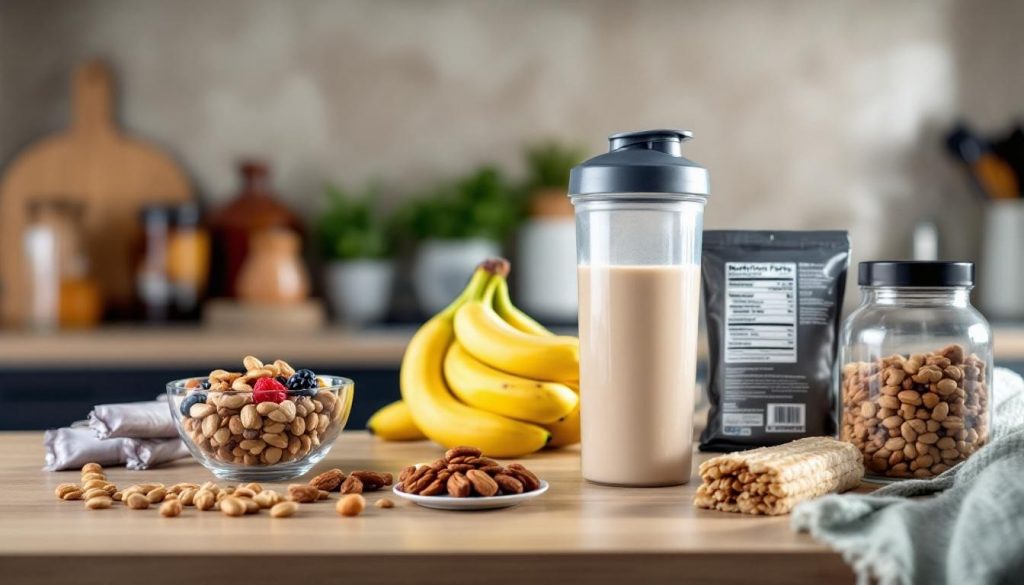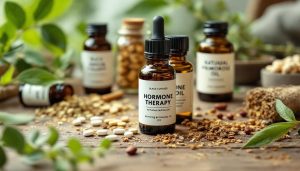At NuMed DPC, we’re passionate about helping athletes reach their peak performance. Functional sports nutrition is revolutionizing how athletes fuel their bodies for optimal results.
This approach goes beyond traditional sports nutrition by focusing on whole foods and nutrient-dense ingredients that support overall health and athletic performance. In this post, we’ll explore the key principles of functional sports nutrition and how you can implement them to enhance your athletic journey.
What Is Functional Sports Nutrition?
The Power of Whole Foods
Functional sports nutrition transforms athletic performance. This approach prioritizes whole foods and nutrient-dense ingredients to support athletic performance and overall health. Unlike traditional sports nutrition, which often relies on supplements and processed foods, functional sports nutrition emphasizes real, whole foods. These foods provide a complex array of nutrients that work together in the body, offering benefits beyond simple calorie counting or macronutrient ratios.
An athlete following functional sports nutrition principles might choose a homemade snack of nuts, seeds, and dried fruit over a processed energy bar. This choice not only provides energy but also delivers essential vitamins, minerals, and antioxidants that support overall health and recovery.
Nutrient Density: Quality Over Quantity
Functional sports nutrition focuses on nutrient density, selecting foods that pack the most nutritional punch per calorie. Understanding the specific functions of each macronutrient allows athletes to optimize their nutrition for enhanced performance and recovery.
Personalization and Bioindividuality
Functional sports nutrition recognizes each athlete’s uniqueness. What works for one person may not work for another. This approach considers factors like genetics, gut health, and lifestyle to create personalized nutrition plans that truly support an individual’s performance goals.
The scientific consensus indicates that genetic testing in sports science and sports nutrition currently has limited clinical utility and should not be used as the sole basis for creating personalized nutrition plans.
Supporting Long-Term Health
Traditional sports nutrition often focuses solely on immediate performance gains. Functional sports nutrition takes a longer view. It aims to support not just today’s workout, but an athlete’s long-term health and career longevity.
This approach might incorporate anti-inflammatory foods to reduce injury risk or focus on gut health to improve nutrient absorption and immune function. A review in the journal Nutrients highlighted the potential of functional foods in reducing exercise-induced inflammation and oxidative stress, potentially leading to faster recovery and reduced injury risk.
Integrating Functional Sports Nutrition
As we move forward, we’ll explore the key components that make up a functional sports nutrition plan. From macronutrients to micronutrients and functional ingredients, understanding these elements will help you fuel your performance effectively and sustainably.
Fueling Your Performance with Key Nutrients
At NuMed DPC, we believe in the power of functional sports nutrition to enhance athletic performance. This approach focuses on three essential components: macronutrients, micronutrients, and functional ingredients. Let’s explore how these elements work together to fuel your body for optimal performance.
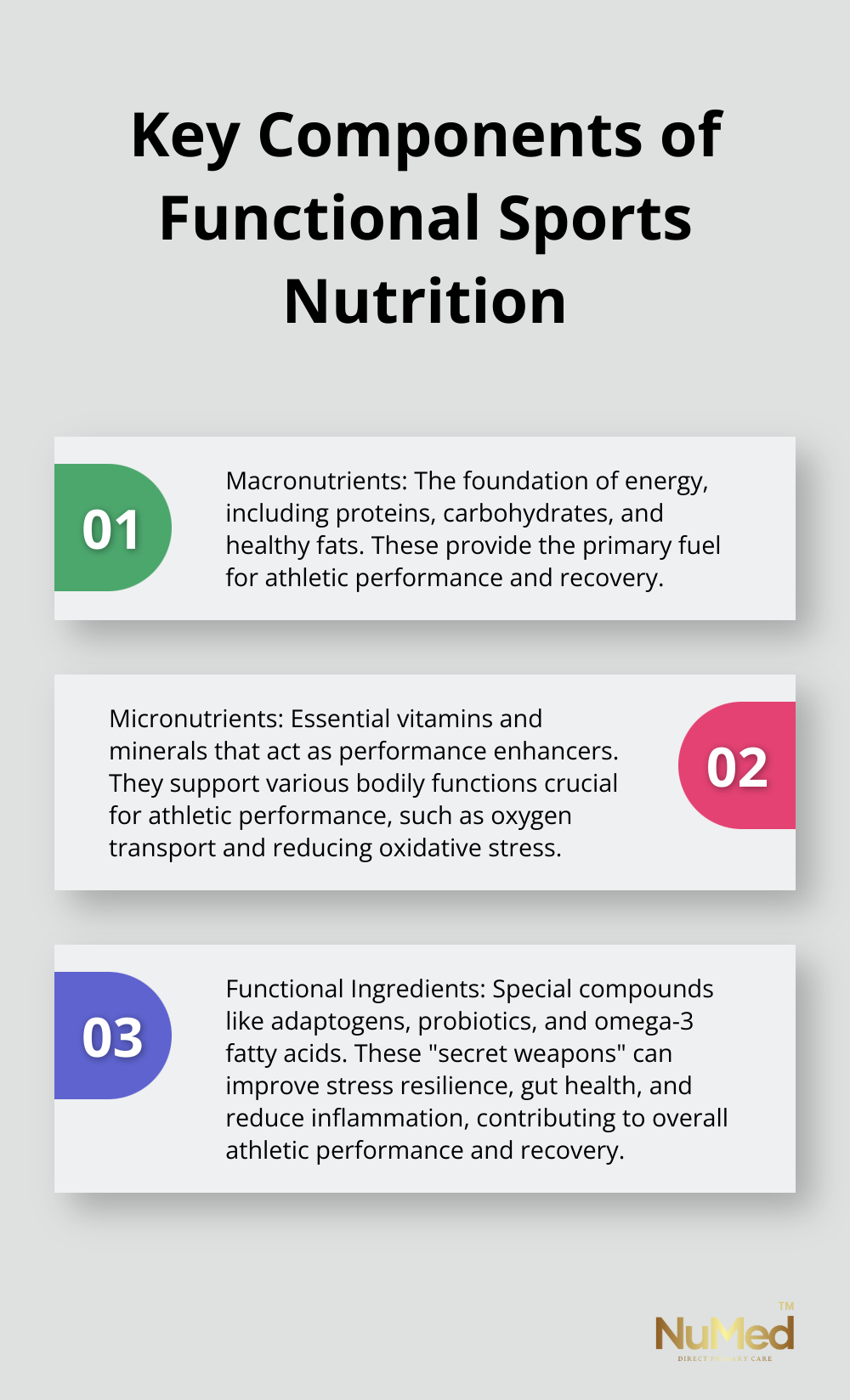
Macronutrients: The Foundation of Energy
Proteins, carbohydrates, and healthy fats form the backbone of any effective sports nutrition plan. Proteins support muscle repair and growth. Athletes should consume 1.2-1.7 grams of protein per kilogram of body weight daily. High-quality protein sources include lean meats, fish, eggs, and plant-based options like quinoa and legumes.
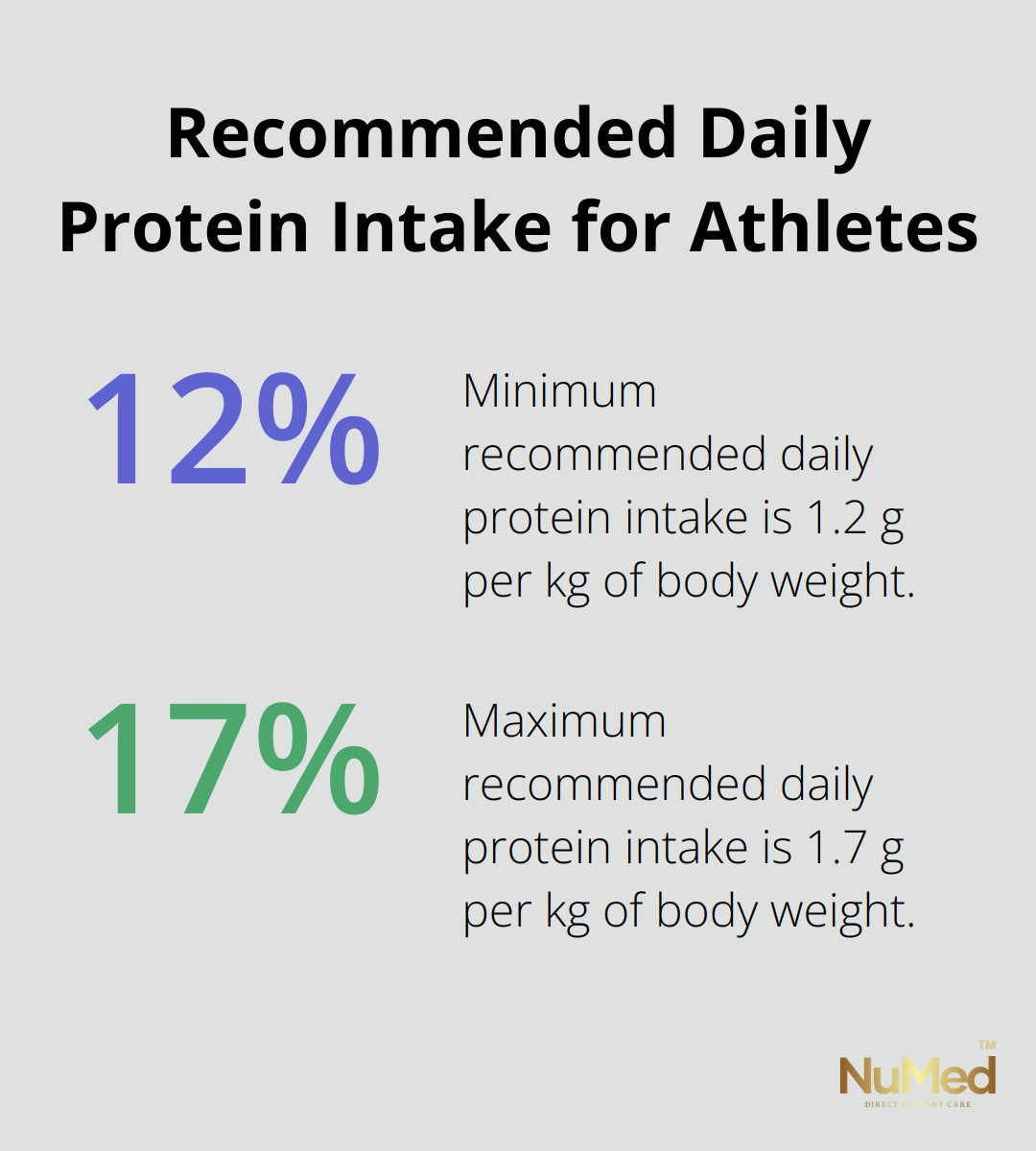
Carbohydrates serve as your body’s primary energy source during high-intensity activities. Daily carbohydrate consumption is recommended to be adjusted depending on the demands of exercise, with a range of 3–5 g of carbohydrate per kilogram of body weight. Complex carbohydrates like whole grains, fruits, and vegetables provide sustained energy and essential nutrients.
Healthy fats play a vital role in hormone production and nutrient absorption. Try to get 20-35% of your daily calories from sources like avocados, nuts, seeds, and olive oil. These fats support overall health and provide long-lasting energy for endurance activities.
Micronutrients: The Performance Enhancers
Vitamins, minerals, and antioxidants are often overlooked but are essential for optimal athletic performance. Iron, for instance, is necessary for oxygen transport in the blood. A study in the Journal of the International Society of Sports Nutrition found that iron supplementation improved endurance performance in female athletes with low iron levels.
Vitamin D is another key micronutrient. Research published in the European Journal of Preventive Cardiology showed that vitamin D supplementation could enhance exercise performance and lower the risk of heart disease. Try to get 600-800 IU of vitamin D daily, primarily through sunlight exposure and foods like fatty fish and egg yolks.
Antioxidants like vitamin C and E help combat exercise-induced oxidative stress. A diet rich in colorful fruits and vegetables can provide these protective compounds naturally.
Functional Ingredients: The Secret Weapons
Adaptogens, probiotics, and omega-3 fatty acids are powerful allies in an athlete’s nutrition arsenal. Adaptogens like ashwagandha and rhodiola improve stress resilience and recovery. A study in the Journal of the International Society of Sports Nutrition found that ashwagandha supplementation significantly increased muscle strength and size in resistance-trained men.
Probiotics support gut health, which is essential for nutrient absorption and immune function. A review in the journal Nutrients reported that probiotic supplementation could reduce the incidence and duration of upper respiratory tract infections in athletes.
Omega-3 fatty acids (found in fatty fish, flaxseeds, and walnuts) have potent anti-inflammatory properties. A study in the Clinical Journal of Sport Medicine showed that omega-3 supplementation reduced muscle soreness and improved range of motion after eccentric exercise.
Now that we’ve covered the key components of functional sports nutrition, let’s explore how to implement these strategies effectively in your daily routine to maximize your athletic performance.
How to Implement Functional Sports Nutrition
Timing Your Nutrition for Peak Performance
Pre-workout nutrition sets the stage for optimal performance. Try to eat a complete meal containing carbs, protein, and fat within 2 to 3 hours of exercising, or a smaller meal focusing on carbs and protein 1 to 1.5 hours before your workout. A bowl of oatmeal with berries and a scoop of protein powder can provide sustained energy. If you’re short on time, a banana with almond butter 30 minutes before exercise can offer a quick energy boost.
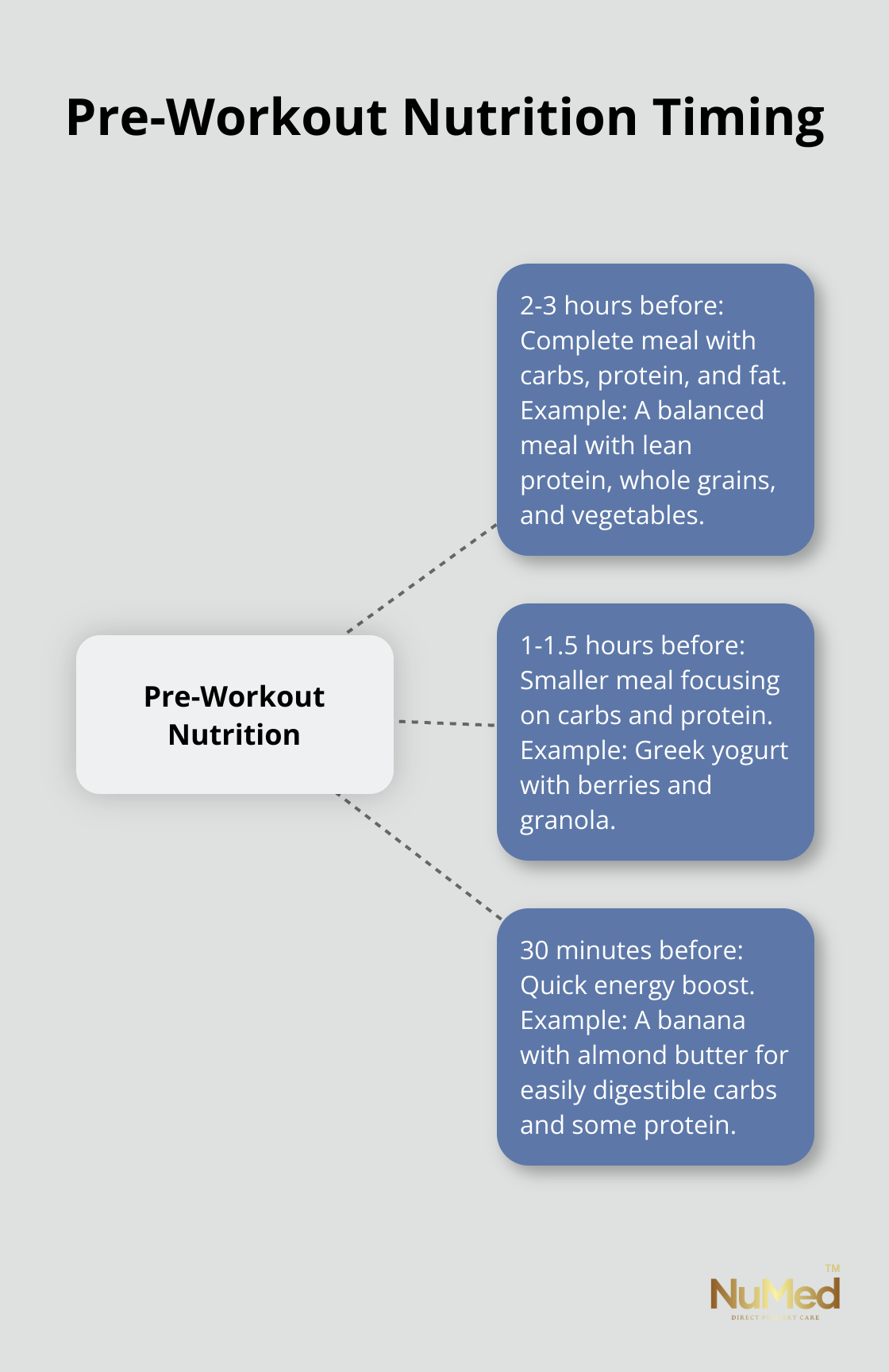
During your workout, hydration is key. For sessions lasting longer than 60-90 minutes, consider sipping on a homemade sports drink. Mix 1 liter of water with 60-70 grams of carbohydrates (from fruit juice or honey) and a pinch of salt. This DIY solution can be more cost-effective and healthier than commercial sports drinks.
Post-workout nutrition is essential for recovery and repair. Within 30 minutes after exercise, consume a combination of protein and carbohydrates. A smoothie made with Greek yogurt, mixed berries, and a handful of spinach can kickstart the recovery process. Follow this with a balanced meal within 2 hours.
Meal Planning for Athletic Success
Effective meal planning transforms athletic performance. Start by batch cooking complex carbohydrates like quinoa or sweet potatoes at the beginning of the week. These can be easily added to meals for quick energy boosts.
Prep protein sources in advance, such as grilled chicken breast or hard-boiled eggs. Having these ready makes it easier to assemble balanced meals quickly. Include a variety of colorful vegetables in your prep – they’re packed with essential micronutrients.
For busy athletes, portable snacks are essential. Create your own trail mix with nuts, seeds, and dried fruits for a nutrient-dense option. Or prepare overnight oats in mason jars for an easy grab-and-go breakfast.
Personalizing Your Nutrition Plan
Functional sports nutrition emphasizes personalization. Personalized nutrition offers a promising avenue for improving immediate performance outcomes and supporting the long-term health and sustainability of elite athletes. Keep a food and performance journal to track how different foods affect your energy levels and recovery. This data can help you fine-tune your nutrition strategy over time.
Consider working with a sports nutritionist or a functional medicine practitioner to create a plan tailored to your specific needs and goals. A personalized approach can optimize your diet for peak performance and long-term health.
Final Thoughts
Functional sports nutrition revolutionizes athletic performance and overall health. This approach emphasizes whole foods, nutrient-dense ingredients, and personalized strategies to fuel your body effectively. The benefits extend beyond immediate performance gains, supporting long-term health and career longevity.
Every athlete has unique nutritional needs based on their genetic makeup, gut health, and lifestyle factors. Tailoring your nutrition plan to your specific requirements unlocks your full potential and achieves peak performance. You can transform your athletic journey by implementing functional sports nutrition principles.
NuMed DPC offers personalized, holistic healthcare to optimize your health and athletic performance. Our direct primary care model addresses root causes and fosters strong patient-practitioner connections. Consider working with a functional nutrition specialist to create a tailored plan that aligns with your goals and supports your overall well-being.

